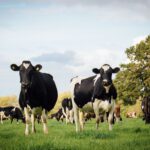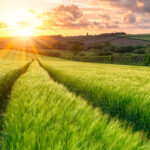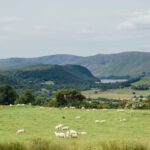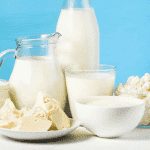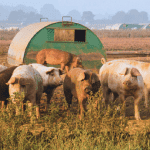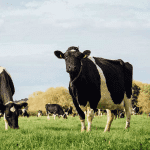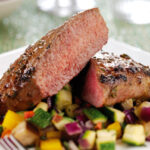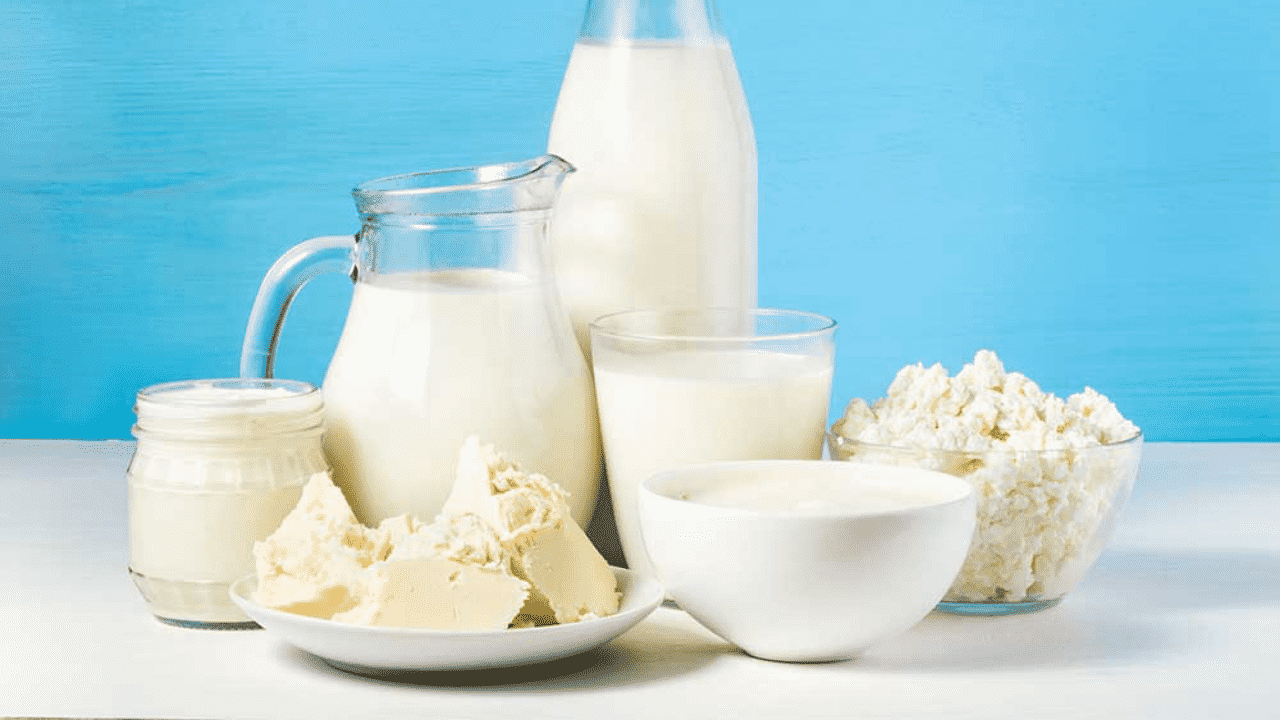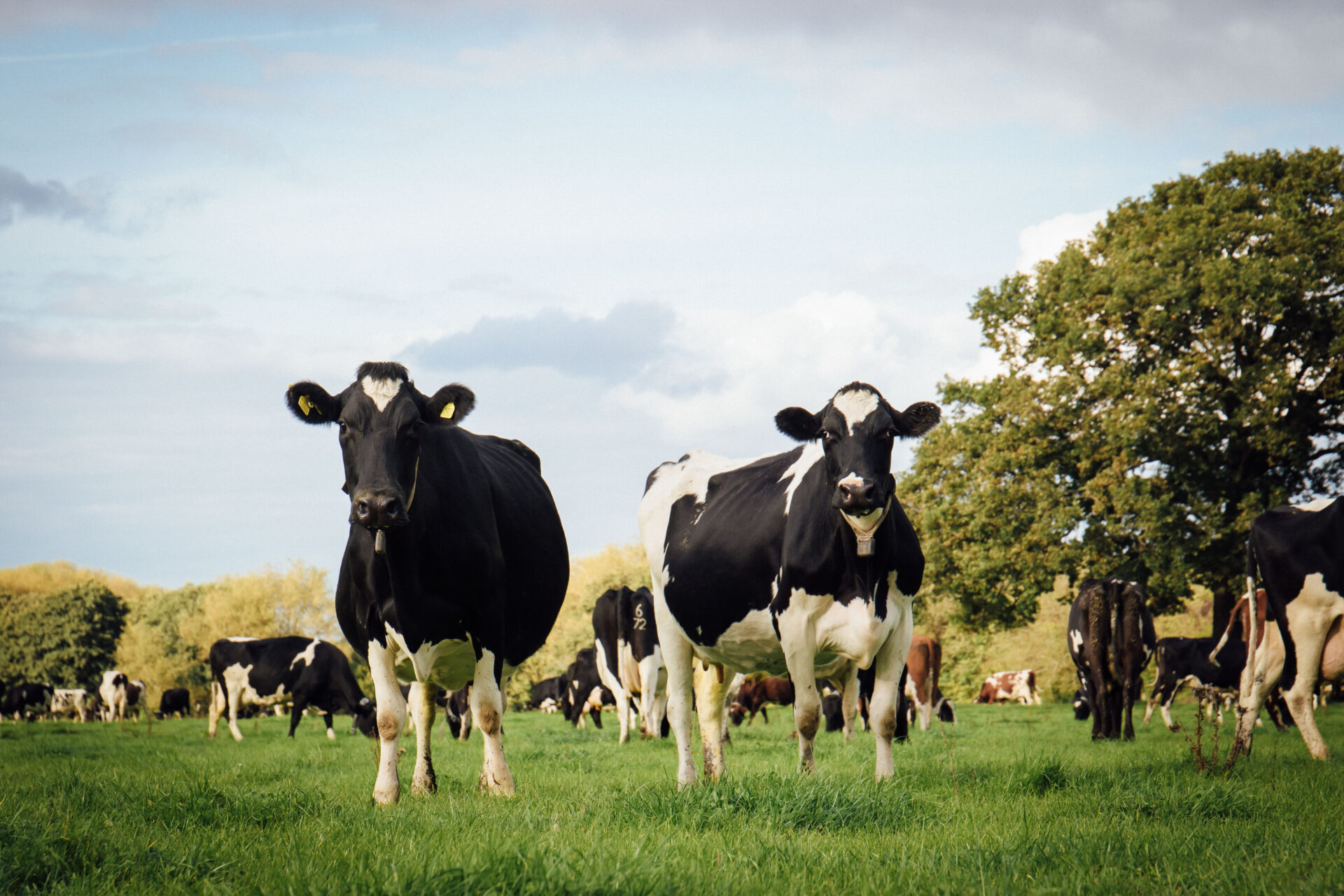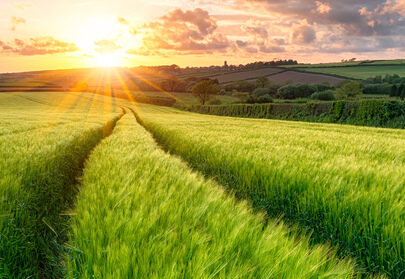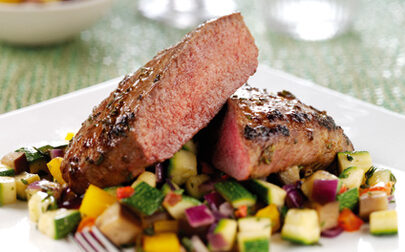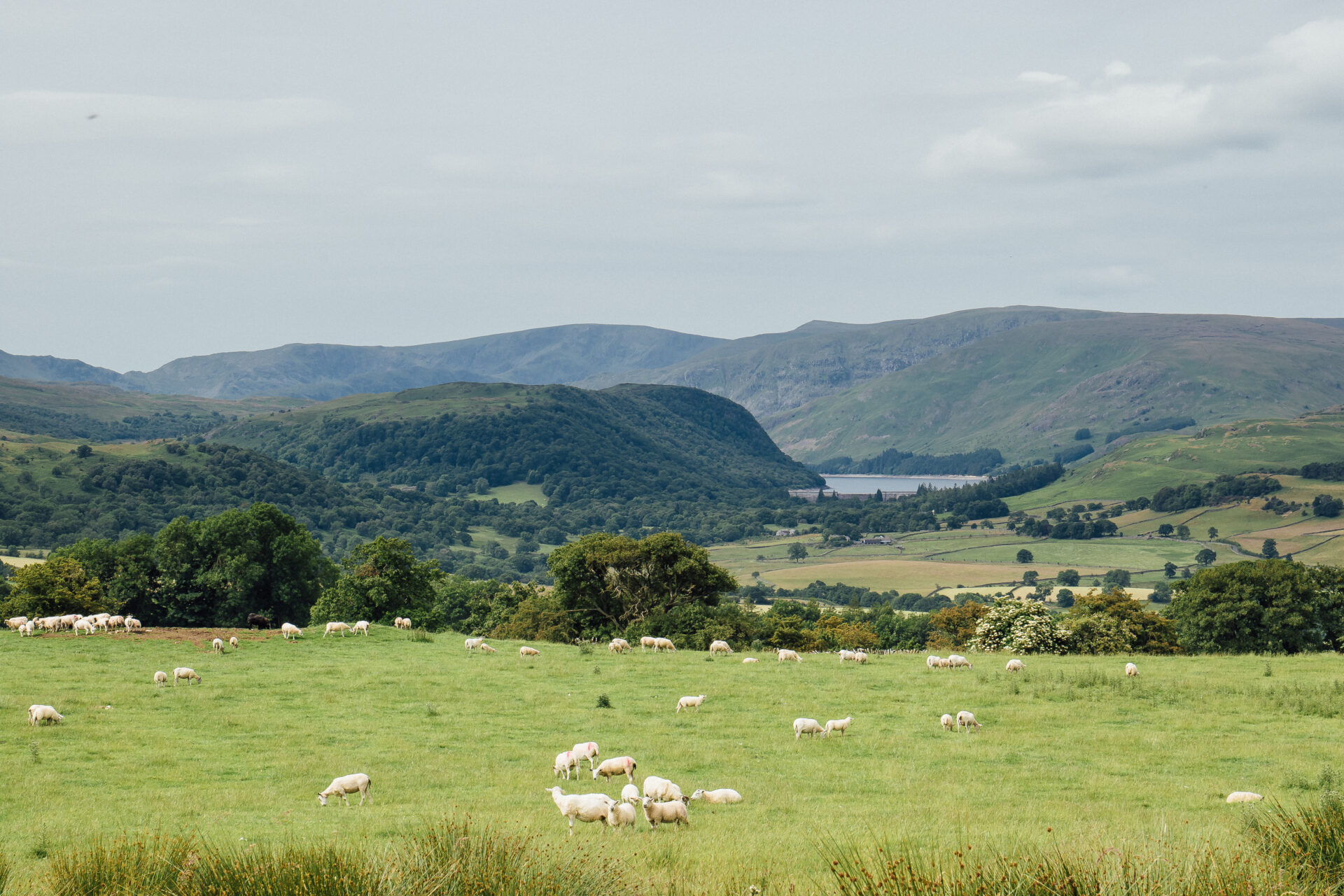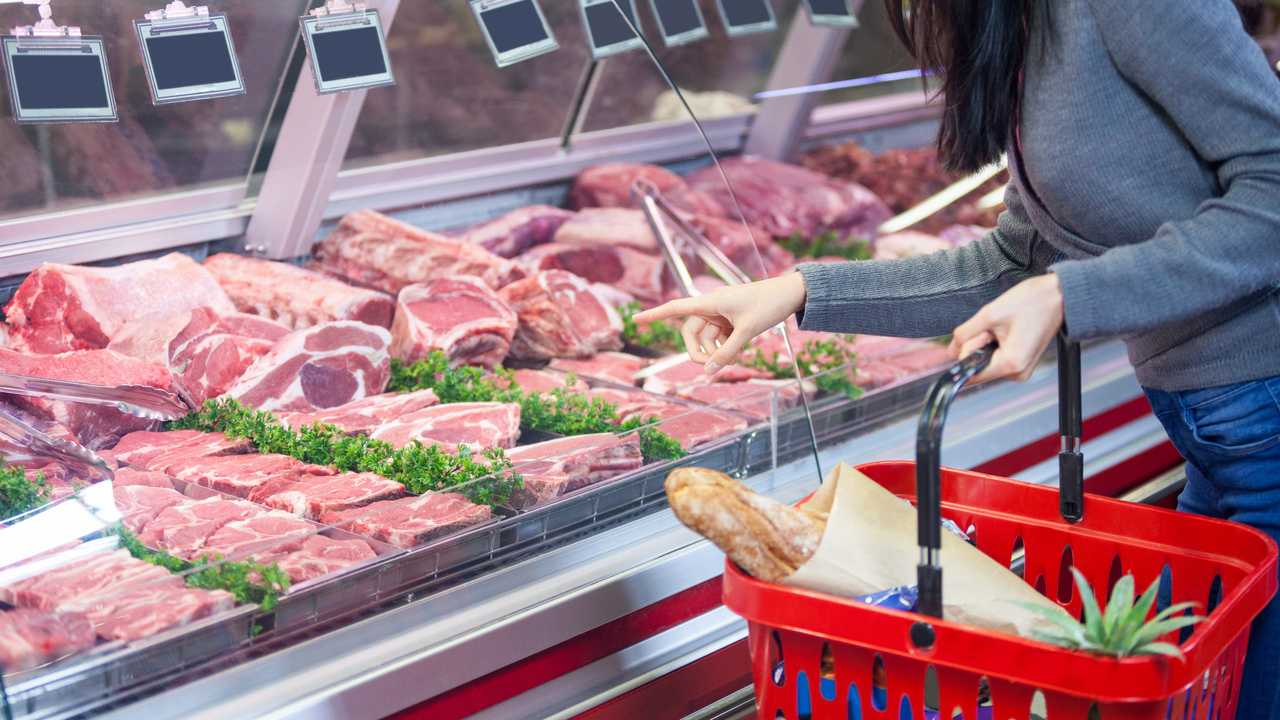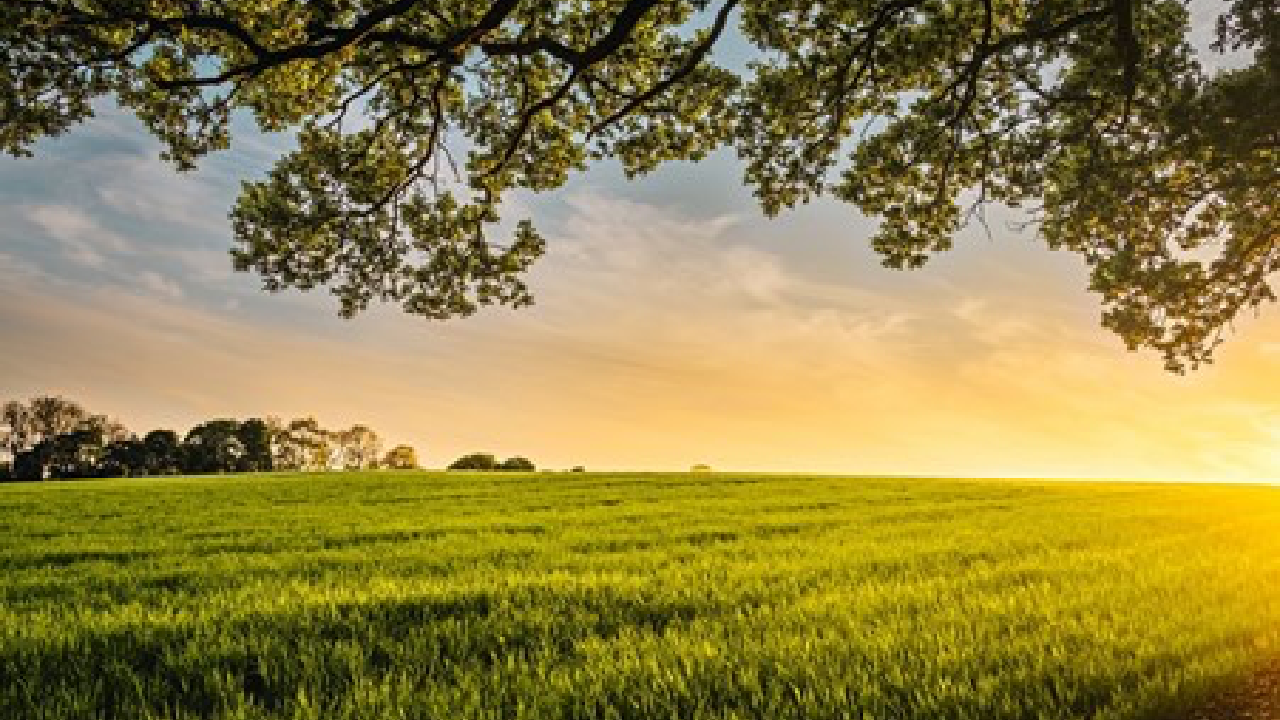- About Us
AHDB is an evidence-based organisation, funded by farmers, growers and others in the supply chain, helping inspire world-class food and farming in a rapidly changing world.
- Environment
When it comes to the food we eat, the way it is produced has an impact on the environment.
- Health & Nutrition
Eating a healthy, balanced diet is an important part of maintaining good health.
- Food & Farming Standards
Not all meat and dairy is produced in the same way across the globe, but the food from UK farmers is produced to world-class standards.
- All Articles
AHDB is an evidence-based organisation, funded by farmers, growers and others in the supply chain, helping inspire world-class food and farming in a rapidly changing world.
When it comes to the food we eat, the way it is produced has an impact on the environment.
Eating a healthy, balanced diet is an important part of maintaining good health.
Not all meat and dairy is produced in the same way across the globe, but the food from UK farmers is produced to world-class standards.
Articles
When it comes to the food we eat, the way it is produced has a huge impact on its environmental impact and sustainability.
